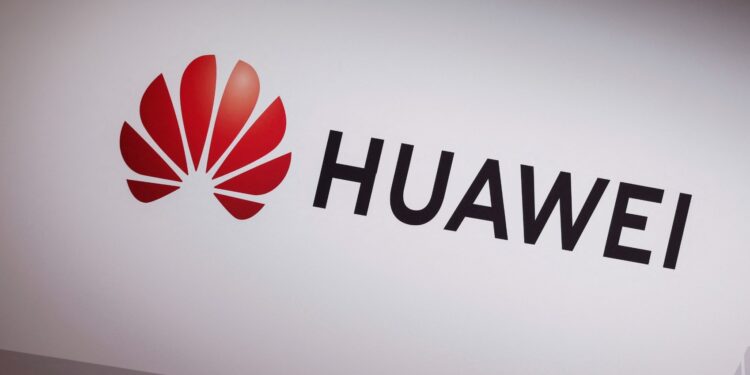US vs. Chinese Tensions Heat Up Again Rising tensions between the US and China have flared up after the (Trump) administration refocused its attention toward limiting China’s access to advanced AI chips.
The new act of play is a stern warning issued by the U.S. Departments of Commerce against a global application of Huawei’s Ascend series of AI chips, which could reportedly violate U.S. export controls laws with penalties escalating from heavy fines to incarceration.
It is a move that effectively ratchets up the current restrictions on Huawei, a Chinese tech powerhouse already in the cross hairs because of other national security concerns. The U.S. says Huawei’s advanced chips could enhance China’s military and weaken U.S. technological dominance in areas such as AI.
Those chips, the Ascend 910B, 910C and 910D are thought to have been developed or produced with U.S.-origin technology and therefore fall under U.S. export controls.
China has strongly criticized the increased restrictions as “bullying” and “protectionism.” Beijing says the move does not reflect the spirit of recent trade discussions in Geneva – where a temporary easing of tariffs was agreed – and disrupts the stability of the global semiconductor supply chain.
The Chinese Commerce Ministry has even threatened to sue any individual or organization that follows or helps enforce the U.S. sanctions on Huawei’s AI processors, citing China’s Anti-Foreign Sanctions Law.
Yet Huawei seems to plow on, and is creating a rich, domestic ecosystem around its Ascend AI chips. The company said it has lured millions of third-party developers and thousands of partners that are developing industry-specific AI apps powered by Huawei’s hardware. This commitment to self-sufficiency in key technologies fits with China’s larger national strategy of becoming self-sufficient technologically.
Some U.S. chipmakers, meanwhile, such as Nvidia and AMD, have warned in the past that overly tight export controls could have the opposite of the intended effect, spurring further domestic innovation in the semiconductor industry from China.
The restrictions have even been derided as a “failure” by Nvidia’s chief executive. This convoluted situation underscores the balance the United States is trying to strike between protecting its national interests and leaving room for a globally interconnected tech ecosystem. But the ultimate effect on the global AI ecosystem and on the larger U.S.-China relationship is still unclear.










![Online Scam Cases Continue to Rise Despite Crackdowns on Foreign Fraud Networks [Myanmar] Online Scam Cases Continue to Rise Despite Crackdowns on Foreign Fraud Networks [Myanmar]](https://sumtrix.com/wp-content/uploads/2025/06/30-12-120x86.jpg)




